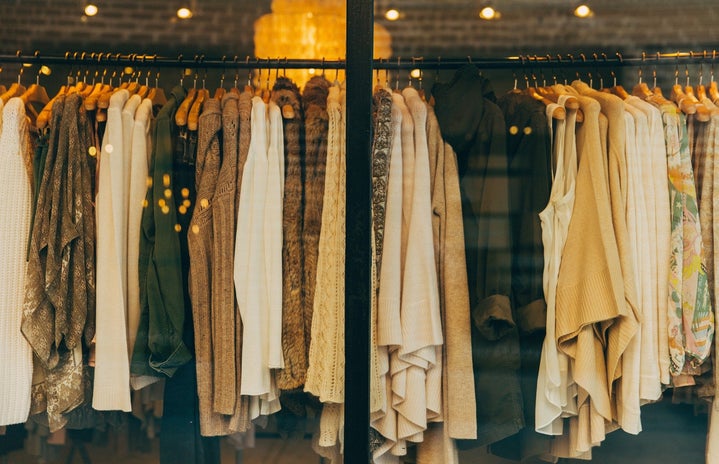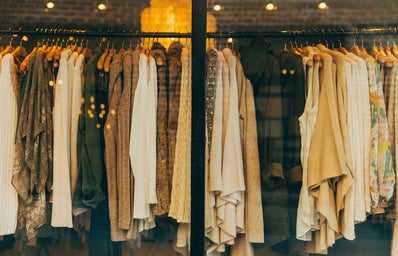Shopping for makeup is a lot more complicated than it has any right to be. It’s not as simple as going to Sephora (or Walgreens—no shame in being on a budget!) and picking out the perfect blush or lipstick. Now there are extra considerations that may influence your decisions. Researching what brands you support may seem like a chore, but when cosmetics is a billion dollar industry in the US, voting with your dollars can go a long way. What are you willing to support to get that perfectly shimmery eyeshadow?
Cruelty-Free
First, of course, is whether or not a company is cruelty-free. This one seems pretty simple, as a lot of cruelty-free makeup is marked on the package with a little bunny symbol. However, there are some fake cruelty-free symbols out there! These are the only three that actually mean that your new mascara wasn’t tested on any living creature. Also, not all cruelty-free makeup is marked, so just because there’s no bunny doesn’t necessarily mean that it’s tested on animals. Here is a list of cruelty-free drugstore brands! It’s worth noting that any company that chooses to sell in China has to test on animals. Making the switch to cruelty-free makeup is relatively easy with a big impact. If no one bought makeup that was tested on animals anymore, companies would get the message and switch to being cruelty-free to get back their profit.
Behavior and Views
Next up is a newer concern, at least for me. Personal behavior of companies or their leaders is also something to consider when deciding what brand to go with. This may not be a concern for everyone and it does take a bit of research. For me personally, there are some things I don’t want my hard-earned money to support. For example: Kat Von D recently experienced a massive backlash when she posted about her anti-vaxx views, then frantically backpedaled when people vowed to stop buying her products. Jeffree Star has long been controversial for his racist statements. Ipsy, a makeup subscription service, posted a Pride month video in June 2018 that included a transphobic statement. They then responded by blocking anyone on their Facebook page who criticized the ad, before finally addressing the mess… two days later. That left a sour taste in a lot of people’s mouths, myself included!
It can be hard to keep up in the age of corporate social media, but a quick Google search can get you the details on your favorite companies and any recent (or not-so-recent) scandals. From there, it’s up to you to decide if it will affect your purchasing habits.
Race and Inclusivity
The last thing I’ll talk about for now is whether or not a company is inclusive. An easy way to check is to ask yourself if all of your friends shop there too, or would some of them have trouble finding any products for their skin tone? If a company has 10 shades of white and tan (and not much else), it’s crystal clear who they’re marketing to, and whose money they have decided not to seek out. Black women spend $7.5 billion dollars per year on cosmetics and skin care, so the market is there. These companies are just actively choosing to ignore it. Personally, I’d rather not support that! I’d rather see my money go to a place that is consciously inclusive of all of us. It’s no fun being left out of the party, and isn’t fun what makeup should be all about?
Ethical consumerism of makeup can seem incredibly daunting, but with a little bit of practice, it becomes second-nature.



